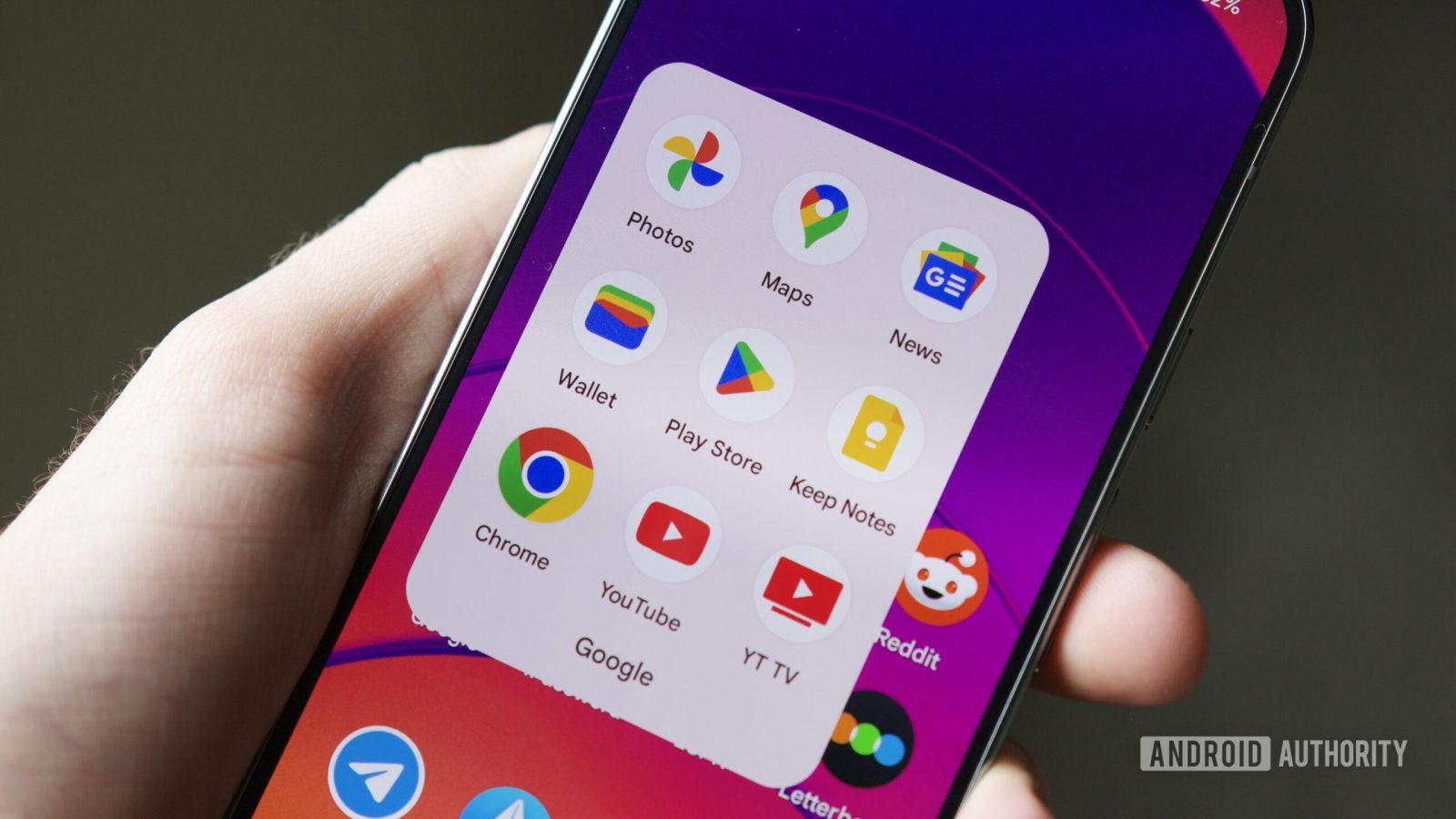
Contents
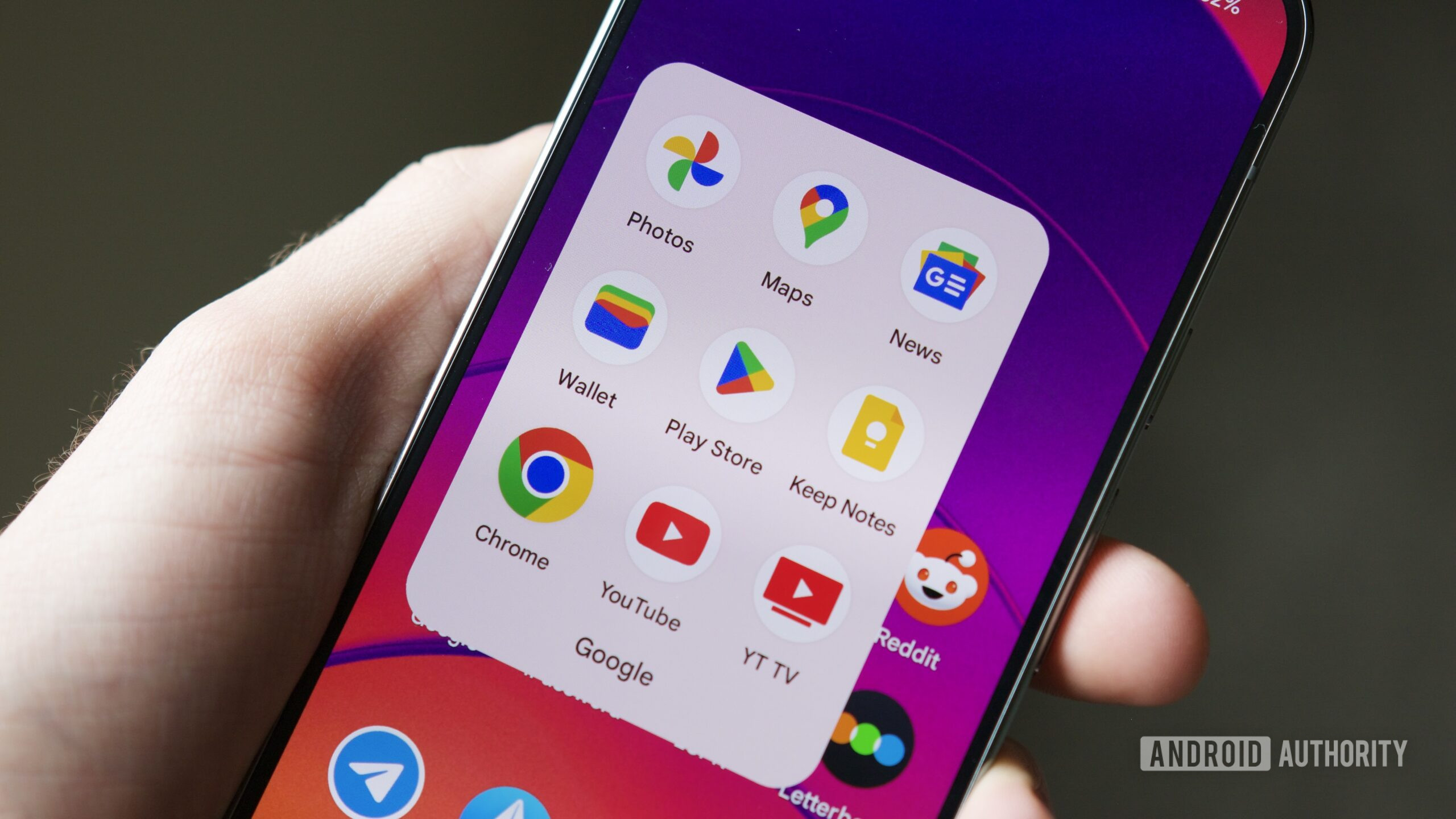
Joe Maring / Android Authority
I just wanted to send a file from my Android phone to my Windows 11 PC. It should have been easy, but I had de-Googled my life, and suddenly, I was stuck. Quick Share was gone. Google Drive wasn’t an option. Docs and Keep were also out of the picture. My new setup relied on a handful of indie tools, and they weren’t cooperating. Microsoft’s Phone Link wasn’t working (again), and my Canadian cloud service was as slow as molasses.
It was at that moment I realized escaping Big Tech only sounds good in theory. The practice turned out to be much more difficult than it should have been. Here’s what I learned trying to live a Big Tech-free life, and why I’m still picking up the pieces.
Have you tried de-Googling your digital life?
30 votes
My third-party app setup to replace Google
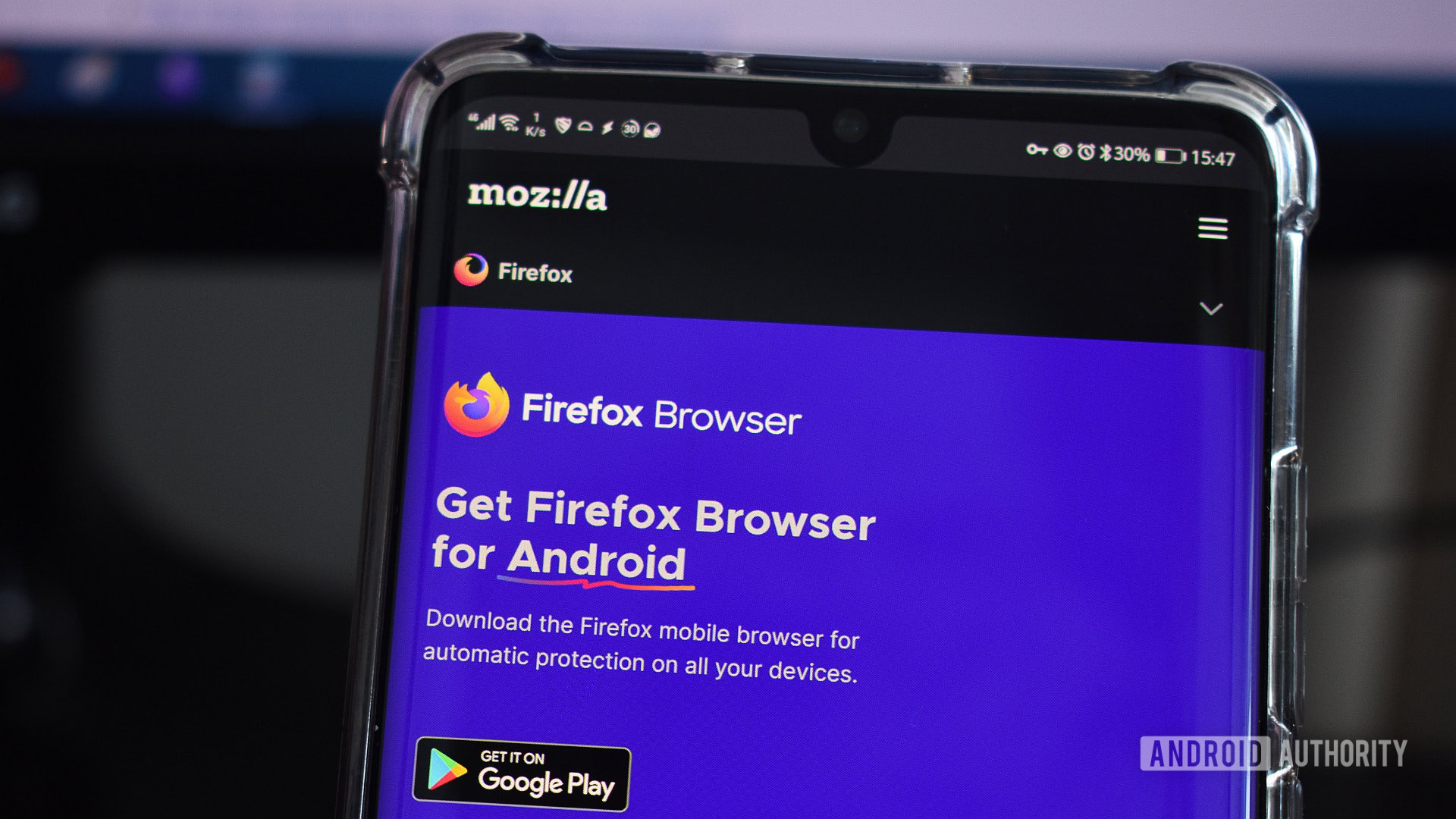
Andy Walker / Android Authority
I’ve grown tired of handing over my data to enormous monopolies that treat me like a product. Google reads my emails, Facebook tracks me across the internet, and Amazon is always spying on me.
I didn’t want that anymore. I wanted to support independent developers building thoughtful, purposeful software. I didn’t want to be part of an algorithm or a data-scraping scheme for AI. So I set some ground rules for my new digital life.
I was looking for apps that were not US or Chinese-owned. If there was an app in the US that I absolutely needed, then it should be a nonprofit, like Firefox. If it was Canadian, my home turf, it jumped to the top of the list, but Australian and European apps were fine. Big Tech was an instant no.
Here’s what I ended up using:
- Sync instead of Google Drive
- Obsidian instead of Keep
- ToDoist instead of Tasks
- Elemental instead of chats
- Kobo instead of Kindle
- VLC instead of YouTube Music
- Firefox instead of Chrome
- Ecosia instead of Google Search
- Fastmail instead of Gmail
I didn’t expect perfection, but I hoped I could build a modern, and private, workflow that did 90% of what I used to do. What I ended up with was a fragmented, friction-filled experience that cost me a lot of money and valuable time.
How my replacement apps fared
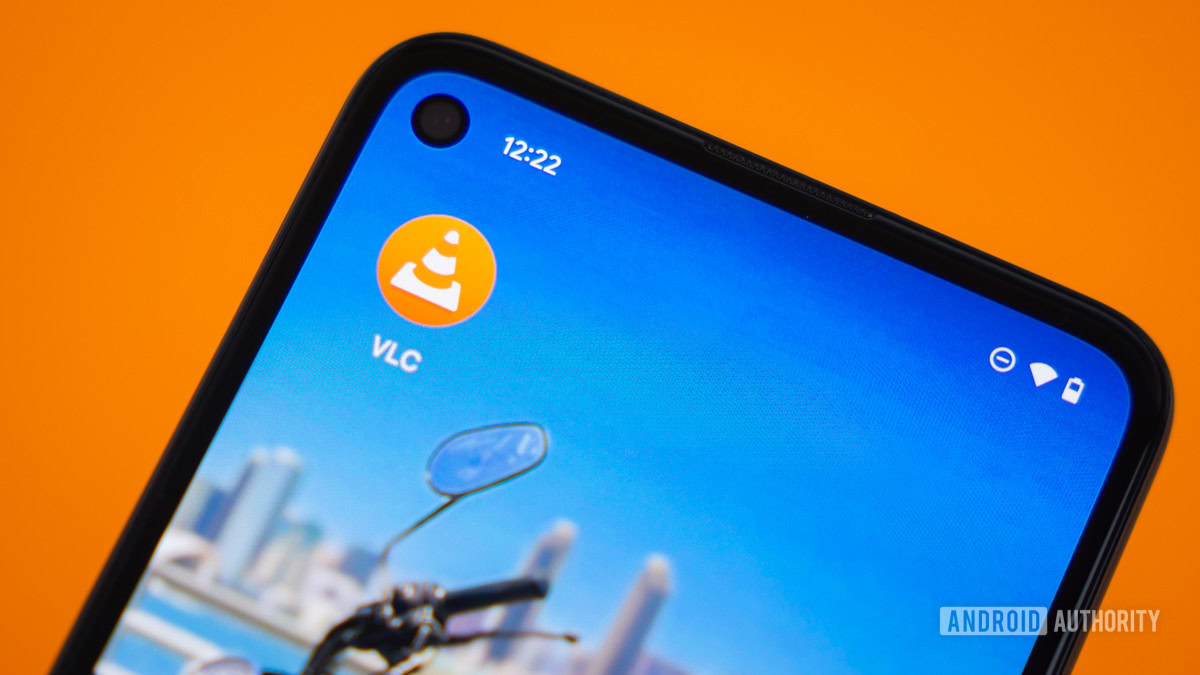
Edgar Cervantes / Android Authority
I went with Fastmail to replace Gmail. This is a fast and clean email service from Australia. It’s private, it handles email as well as Gmail, and it comes with a suite of tools included in the annual $50 fee. I ended up falling in love with Fastmail, and it has completely replaced all other emails in my life. I wish I could say the same for Sync. This is a Canadian cloud storage service with strong encryption and no tracking. It felt good ethically, but practically, I found it slow and clunky. File uploads from my Android took forever to appear on my PC, and the mobile app looks dated.
I swapped out YouTube Music for my own MP3 and FLAC files, stored locally on my phone. It felt good to return to the old iPod days, and VLC has a solid music player that can handle pretty much any music file. I own thousands of tracks from the old days, and it felt liberating to stop renting my music from Big Tech. My switch to Kobo was similar, although now I was buying my ebooks from Indigo, Canada’s biggest bookstore, instead of Amazon.
It felt liberating to stop renting my music from Big Tech.Nathan Drescher
Obsidian became my replacement for Keep and Docs, and it was not fun. Obsidian is powerful on desktop, but slow on mobile. I never liked how it looked or felt. While it got the job done, there was always something missing. I tried the plugins, read the forums, and watched the videos, but in the end, I ended up never using it. ToDoist, on the other hand, has always been a pleasure to use, and I will continue using it until the day they take my Android from my hands.
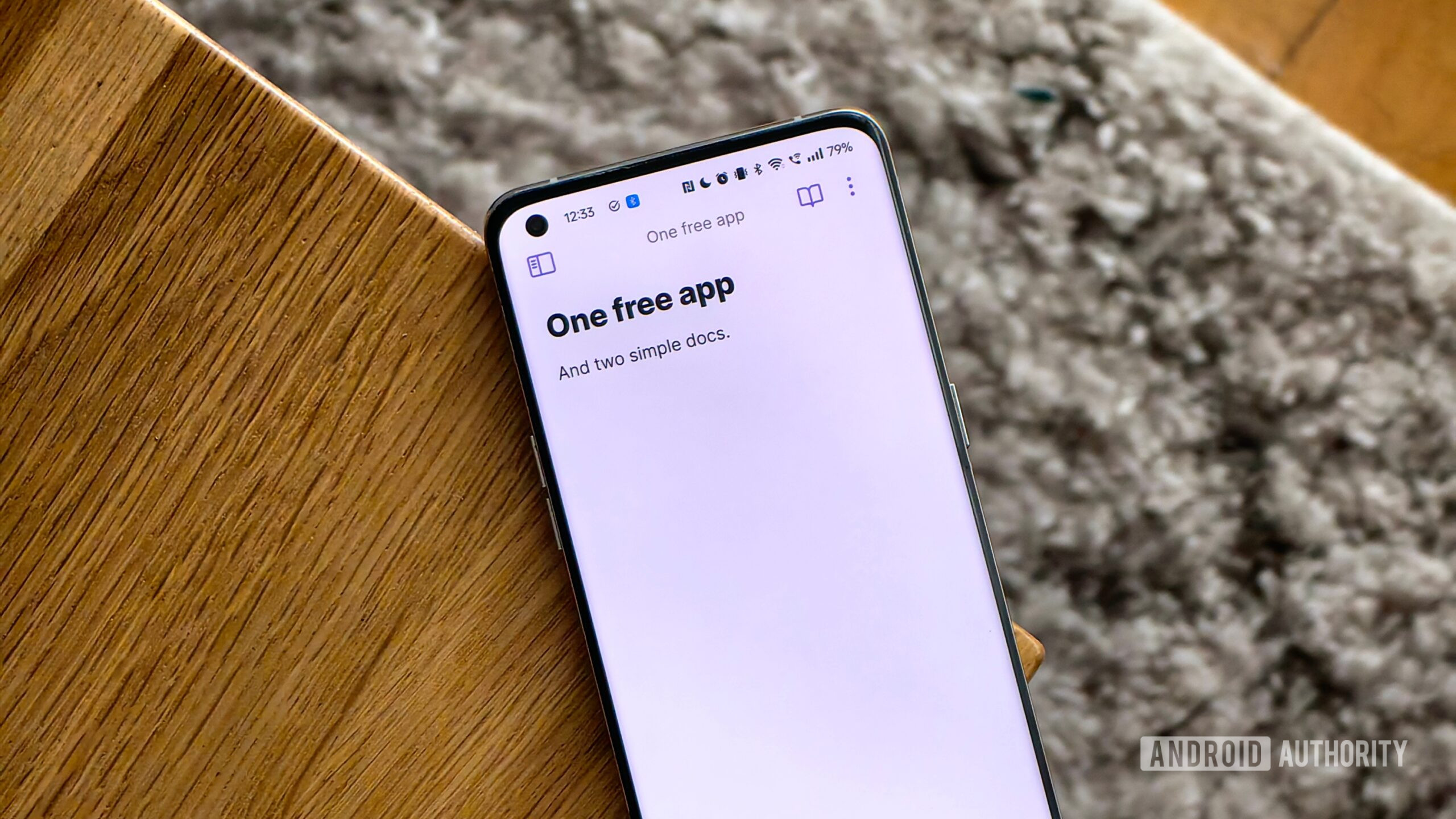
Bogdan Petrovan / Android Authority
I ended up falling in love with Firefox. Then, its owners decided to change the terms and declared ownership over everything I did in the app. I shopped around for a replacement and settled on Vivaldi, albeit reluctantly. Chromium still has Google’s hands all over it, after all.
The biggest failure was messaging. I experimented with Element, a decentralized, encrypted platform built with the Matrix protocol. It sounded like a great idea, but setting it up is a pain. Ultimately, getting anyone else to use it is impossible. Good luck explaining decentralized protocols to my mom. She’s fine with Messenger.
Going indie ended up costing more than sticking with one platform

Andy Walker / Android Authority
Everything felt disjointed without a unified ecosystem. Notifications were delayed, or didn’t arrive at all. I’d create a task in ToDoist but it wouldn’t show up in my Fastmail calendar. Saving a file from Fastmail to Sync meant first manually downloading the file, then re-uploading it. No drag-and-drop, no auto-sync. Even copying a link from Obsidian into an email felt like more work than it should be.
The financial cost alone proved to be confusing. I subbed to ToDoist, Fastmail, Obsidian sync, and Sync.com. None were outrageous on their own, but each one added up. I was still paying a lot, and for a messier experience.
That said, I did gain some privacy and was able to support companies I believed in. But that smooth, invisible infrastructure that makes tools feel like extensions of my brain was missing, and it wasn’t any cheaper.
What big tech actually gets right

Edgar Cervantes / Android Authority
Big tech gets one thing undeniably right: integration. For all its flaws, everything just works. You don’t often notice how smoothly files sync across devices, emails link directly to calendars, and messages flow to their recipient. Tasks appear on calendars while attachments can save directly to Google Drive or OneNote. This convenience is invisible until it’s gone.
There’s also a kind of cognitive relief that comes from using an ecosystem designed to hold your entire digital life. You don’t have to juggle tools or rewire your brain every time you switch tasks. Google, Apple, and Microsoft have spent years building systems that anticipate what you’ll need next. It’s an experience most indie apps just can’t match.
What I’m keeping, and what I’ve learned
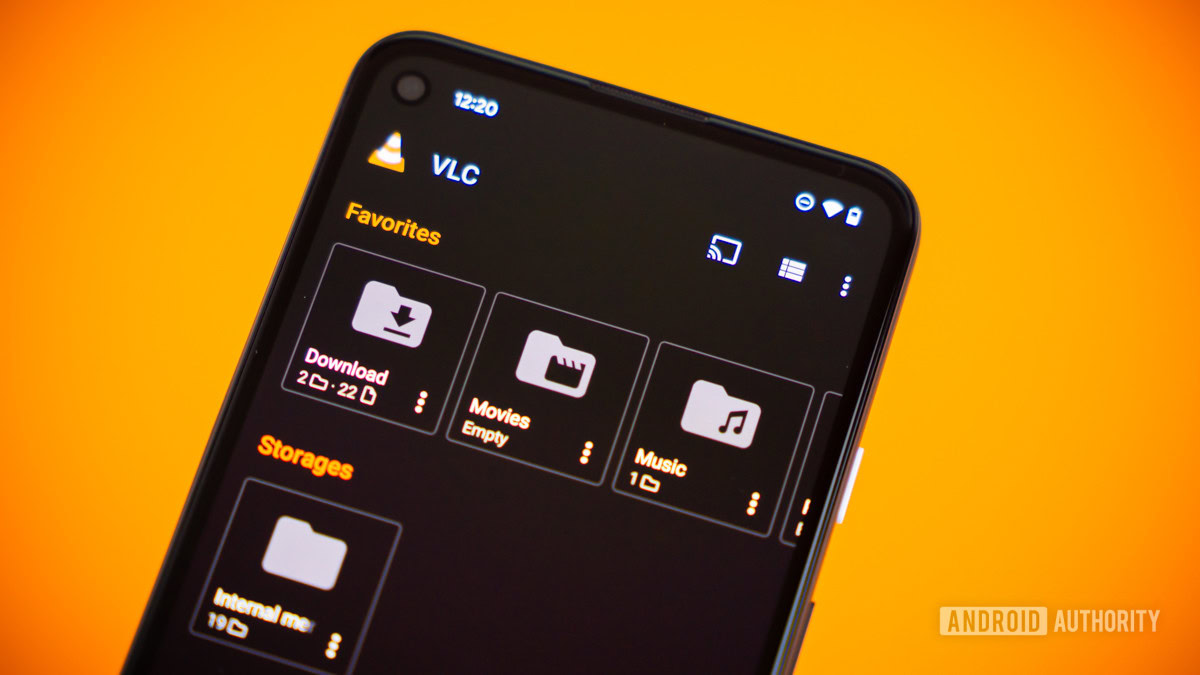
Edgar Cervantes / Android Authority
I’m not walking away from everything. Fastmail is staying, as is ToDoist. These are two solid apps worth every penny. I’m sticking with Vivaldi for now, using Ecosia as my search engine. I’m also sticking with local music files, and even set up a Plex server to stream videos and music from my PC to my Apple TV 4K. It just works. I’ll keep Kobo, for now. I ditched everything else and went crawling back to Google. Keep is wonderful, and Google Drive has no equal.
What I’ve learned is there is no such thing as a clean break when going indie. I know Proton is building its own ecosystem, with a simple single fee. I may try it next. In the meantime, it’s hard to beat how good the big tech ecosystems makes everything feel.
What’s your reaction?
Love0
Sad0
Happy0
Sleepy0
Angry0
Dead0
Wink0
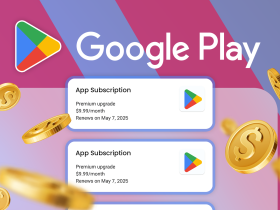

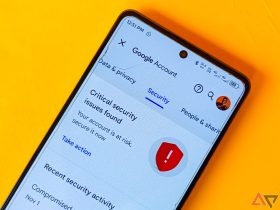


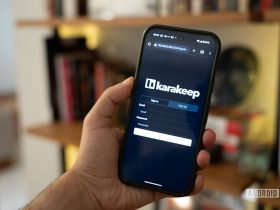
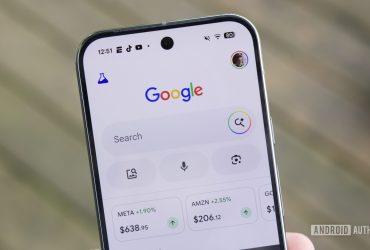
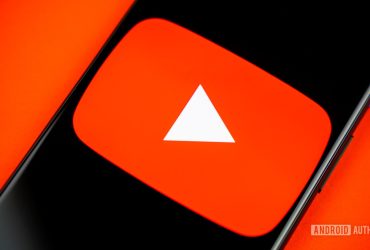
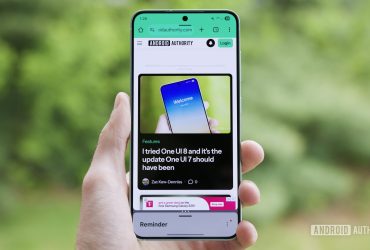
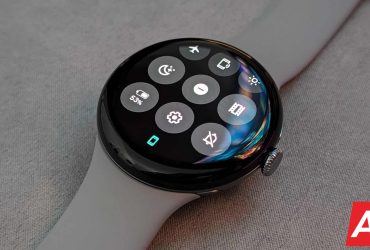
Leave a Reply
View Comments